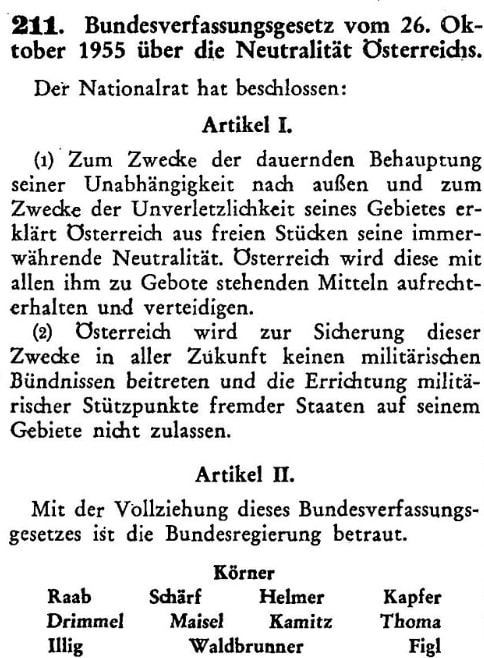The New, “Progressive” Public Morality
Toby Young, British journalist and founder of the Free Speech Union, in conversation with Simon Calvert of the Christian Institute, has some insightful comments about the new “progressive” public morality (i.e. normalization of homosexuality and transgenderism, unrestricted abortion rights, etc.).
I am posting this not just because I agree with him (except for his use of “woke” to describe the new morality1), but to underline the main point in my recent post about Disney:
Most of the people who have subscribed to this new pulic morality sincerely believe themselves to be good, moral people; even some Christians have become persuaded of the new morality and have convinced themselves that just as we have abolished slavery so we need to abolish traditional sexual mores in order to be truly loving.
A “Christian” culture war rhetoric demonizing them and casting aspersions on their motives is effectively our version of “cancel culture” and will neither turn our society around, nor protect our children, nor increase the likelihood of winning people to Christ—which, after all, should be the church’s main goal.
Instead we should do as Christ did: compassionately, lovingly calling people to repentance, praying that the Holy Spirit would open their eyes to the deception of this new morality.
When we have an opportunity to oppose the new morality in the political realm (from school boards on up) we will be much more persuasive if we do so in a rational, measured tone and without resorting to personal invective. As Proverbs 15:1 says, “A gentle answer turns away anger, but a harsh word stirs up wrath.”
Here is Toby Young:
We have to try to understand why it has become harder and harder to disagree about essential values in the public square without falling out with each other, and why cancel culture has metastasized to become such an all-encompassing blight. I think it has something to do with the ebbing away of the Christian tide.
In the nineteenth century, and even in the first part of the twentieth century, we were a Christian society, and the sacred values we were expected to observe were Christian values, and if someone comitted adultery, or got divorced, or was born out of wedlock, there was serious social stigma attached to that. We had a kind of public morality which people were expected to observe, and if they didn’t, they were sort of outcast, or they were in some kind of Bohemian sub-culture. There was some tolerance for people who didn’t believe, more tolerance, particularly towards the end of the nineteenth century, in the higher education sector, towards people who challenged the prevailing orthodoxies, more tolerance than there is now.
So as the Christian tide ebbed away, so this morality faded, and particularly in the 1960s and 1970s all the taboos which had constrained people’s behavior, the moral taboos, fell away and there was a brief period where we enjoyed this intellectual, sexual freedom, and everyone thought that was what the future was going to be.
But then, intererestingly, people seemingly found it quite difficult to cope with that degree of freedom, and they’ve embraced another, even more dogmatic morality, which in the past ten, fifteen years has become the public morality.
So, after a brief interlude, one public morality has been replaced by another. And if you don’t sign up to the articles of faith of that political morality, you are now outcast, probably more outcast than you were if you didn’t sign up to the articles of the Christian faith in the nineteenth and early twentieth century.
And I think that’s really what has happend: we have embraced this new, secular public morality which is actually, interestingly, much more puritanical, and censorious, and authoritarian, than the seemingly much more gentle Christian morality which at least allowed for forgiveness, a path back, redemption, but which this new public morality seemingly doesn’t allow for. And I think that’s why we live in an increasingly intoletant society, why, if you don’t sign up to the shibbolets of the “woke church”, you end up kind of cast out; and, curiously, a lot of people who find themselves at odds with the articles of faith of that new public morality are orthodox Christians.

- I believe using “woke” to describe the new morality’s sexual agenda is a mis-appropriation of a term that belongs to people of color in their fight against racism, and mis-using it this way equates support of traditional Christian beliefs, and opposition to “progressive” beliefs, about sex, marriage, and the sanctity of life with racism, which is nonsense.[↩]


 In this photo taken from a video clip circulated on Telegram and Twitter, a captured young Russian soldier is seen sipping tea and eating a snack as he tries to compose himself. A woman standing next to him is trying to connect a video call to his home. Soon the call connects and the soldier breaks into tears. He looks too stunned to speak but he blows kisses to the camera, as people pat him on his back to calm him down. In the video a bystander can be heard saying in the video, “These young men, it’s not their fault. They don’t know why they are here.” Another person joins him and says, “They are using old maps, they are lost.”
In this photo taken from a video clip circulated on Telegram and Twitter, a captured young Russian soldier is seen sipping tea and eating a snack as he tries to compose himself. A woman standing next to him is trying to connect a video call to his home. Soon the call connects and the soldier breaks into tears. He looks too stunned to speak but he blows kisses to the camera, as people pat him on his back to calm him down. In the video a bystander can be heard saying in the video, “These young men, it’s not their fault. They don’t know why they are here.” Another person joins him and says, “They are using old maps, they are lost.”